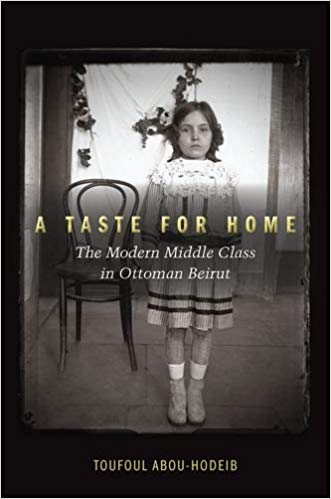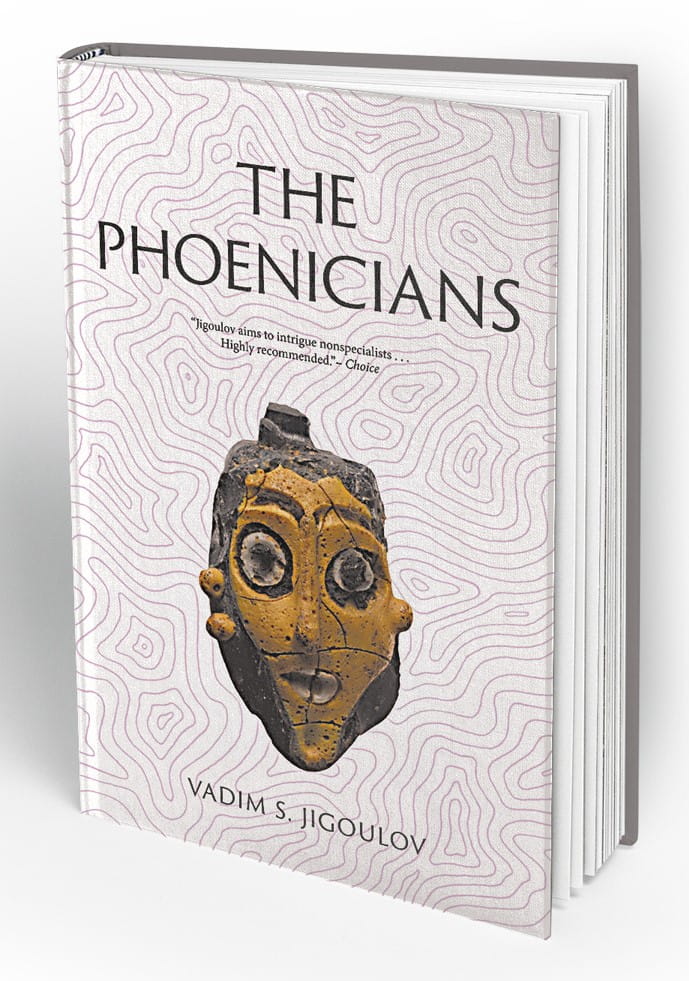
A Taste for Home: The Modern Middle Class in Ottoman Beirut
Matthew Teller
Toufoul Abou-Hodeib
2017, Stanford UP, 9-780-80479-979-9, $65 hb.
In the late 19th and early 20th centuries, Beirut grew from a small coastal town into an international port city. Rapid political and economic development brought social change as a newly empowered Arab middle class acquired tastes for consumption that influenced new ideas of domesticity. Toufoul Abou-Hodeib takes that social upheaval as the spark to investigate the middle class’s “global intimacies of taste.” Ranging widely across archival sources in French, English, Arabic and Ottoman Turkish, she looks at how Beirut became a place seen as “neither Oriental nor quite Western.” She delves deeply into Beiruti lives, for example, by examining advertisements to understand how material objects defined notions of social status. Of the many points that emerge, one stands out: European imperial influence may have played a role in shaping urban development, but on the ground—and especially in the new privacy of home—Beirutis were making their own city.
You may also be interested in...

Archaeology and Geology of Ancient Egyptian Stones
Spanning three decades of fieldwork, Archaeology and Geology of Ancient Egyptian Stones is as vast as its subject: the stones ancient Egyptians used to shape their civilization.
The Phoenicians
Rather than a single civilization, the Phoenicians appear here as a fleet of city-states-Arwad, Byblos, Sidon and Tyre-whose sea routes and trade networks tied the ancient Mediterranean together.